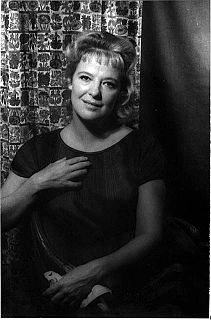A Quote by Timothy Keller
Pride is that which claims to be the author of what is really a gift.
Related Quotes
Even the wisest of mankind cannot live by reason alone; pure arrogant reason, denying the claims of prejudice (which commonly are also the claims of conscience), leads to a wasteland of withered hopes and crying loneliness, empty of God and man: the wilderness in which Satan tempted Christ was not more dreadful than the arid expanse of intellectual vanity deprived of tradition and intuition, where modern man is tempted by his own pride.
Gratitude goes beyond the 'mine' and 'thine' and claims the truth that all of life is a pure gift. In the past I always thought of gratitude as a spontaneous response to the awareness of gifts received, but now I realize that gratitude can also be lived as a discipline. The discipline of gratitude is the explicit effort to acknowledge that all I am and have is given to me as a gift of love, a gift to be celebrated with joy.
The only part of an argument that really matters is what we think of the people arguing. X claims a, Y claims b. They make arguments to support their claims with any number of points. But when their listeners remember the discussion, what matters is simply that X believes a and Y believes b. People then form their judgment on what they think of X and Y.
There is an appearance of humility in the protestation that the truth is much greater than any one of us can grasp, but if this is used to invalidate all claims to discern the truth it is in fact an arrogant claim to a kind of knowledge which is superior to [all others]...We have to ask: 'What is the [absolute] vantage ground from which you claim to be able to relativize all the absolute claims these different scriptures make?
Wise, compassionate and accessible, David Benner's The Gift of Being Yourself is truly a gift to the dedicated seeker. The author draws on his professional experience as a psychologist and his own lifelong vocation as a Christian. The result is a book that felicitously weaves together the insights of psychology and Christian spirituality.
In the scriptures there is no such thing as righteous pride. It is always considered as a sin. We are not speaking of a wholesome view of self-worth, which is best established by a close relationship with God. But we are speaking of pride as the universal sin, as someone has described it. . . . Essentially, pride is a "my will" rather than "thy will" approach to life. The opposite of pride is humbleness, meekness, submissiveness, or teachableness.



































